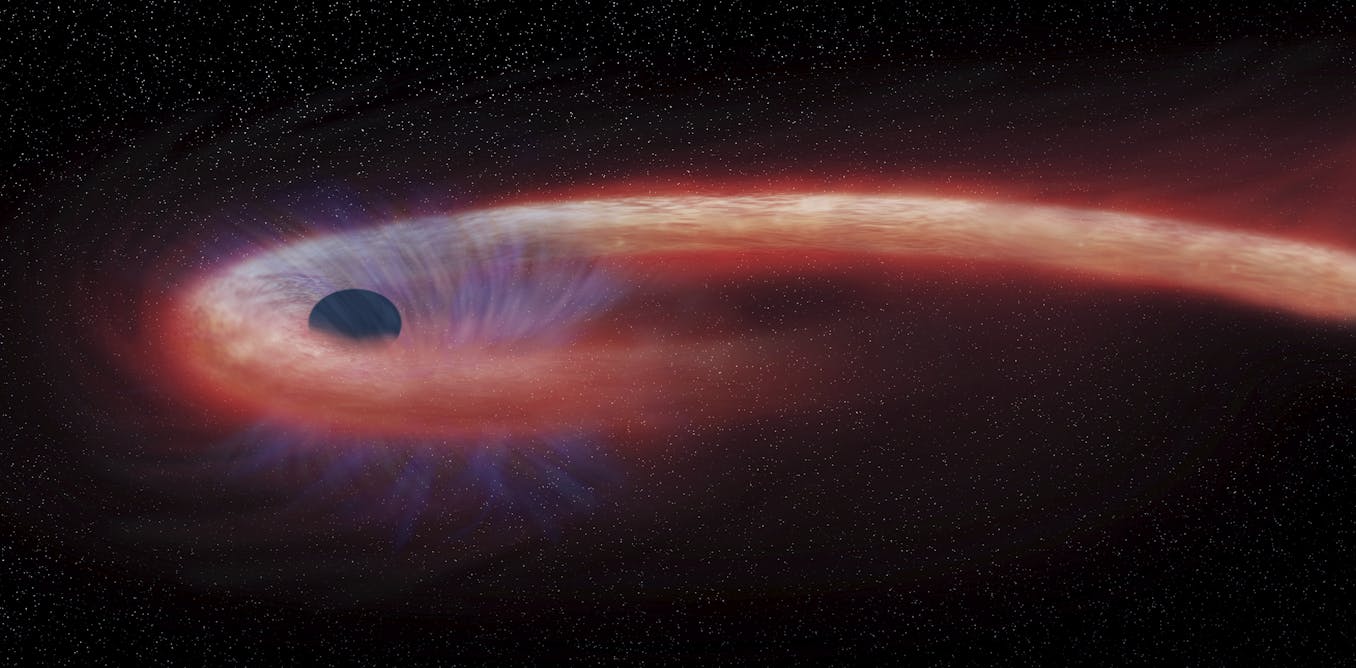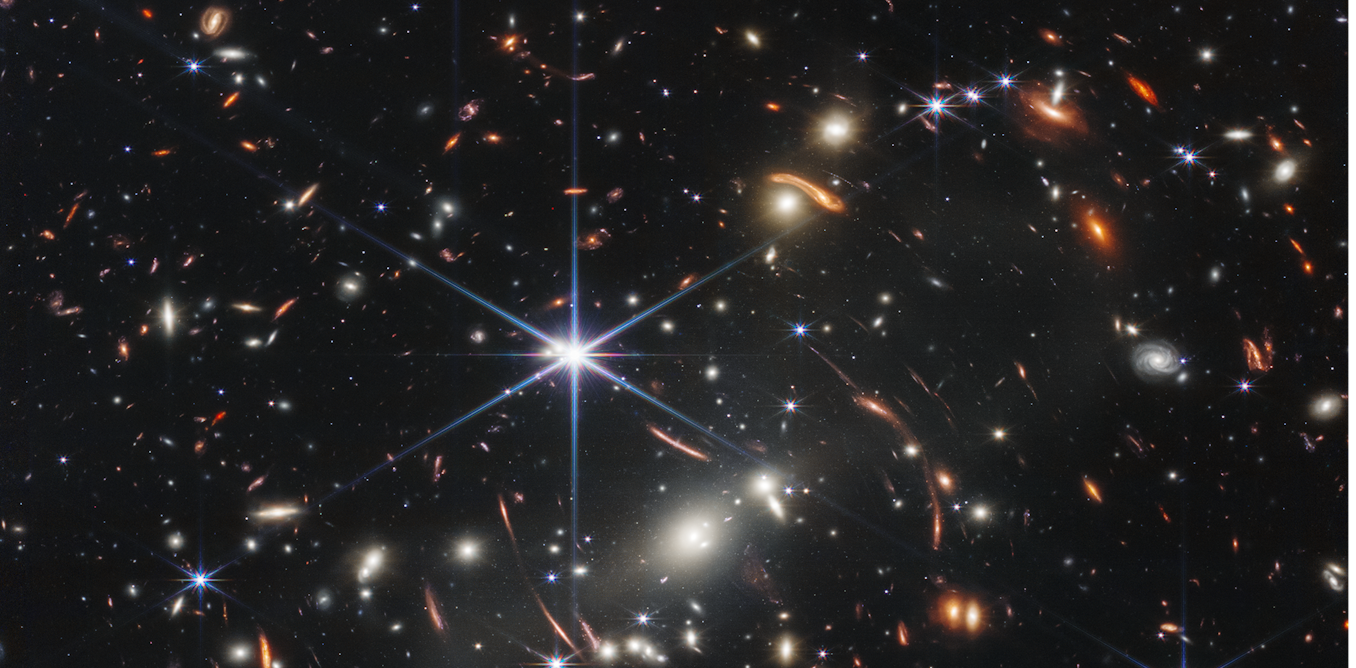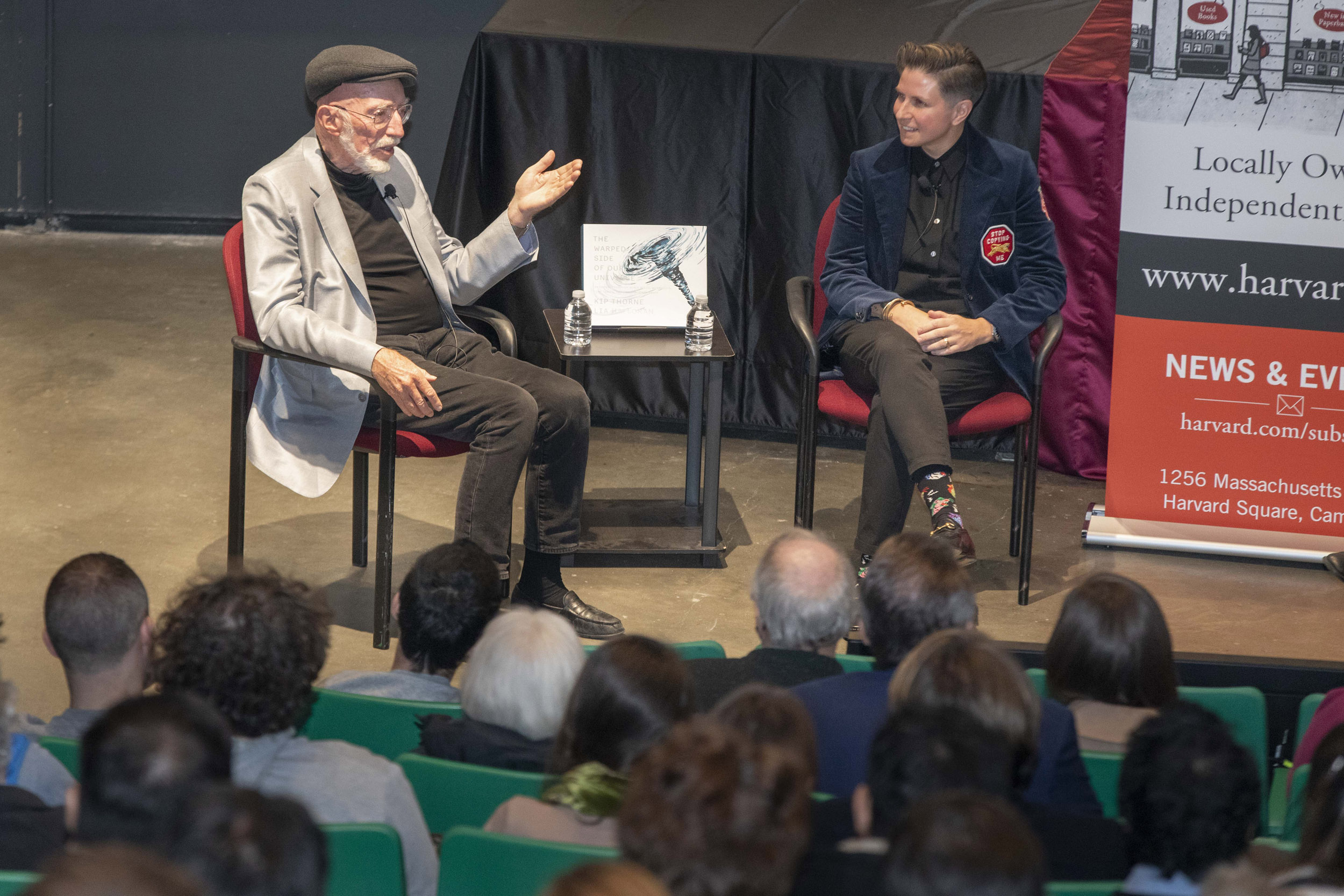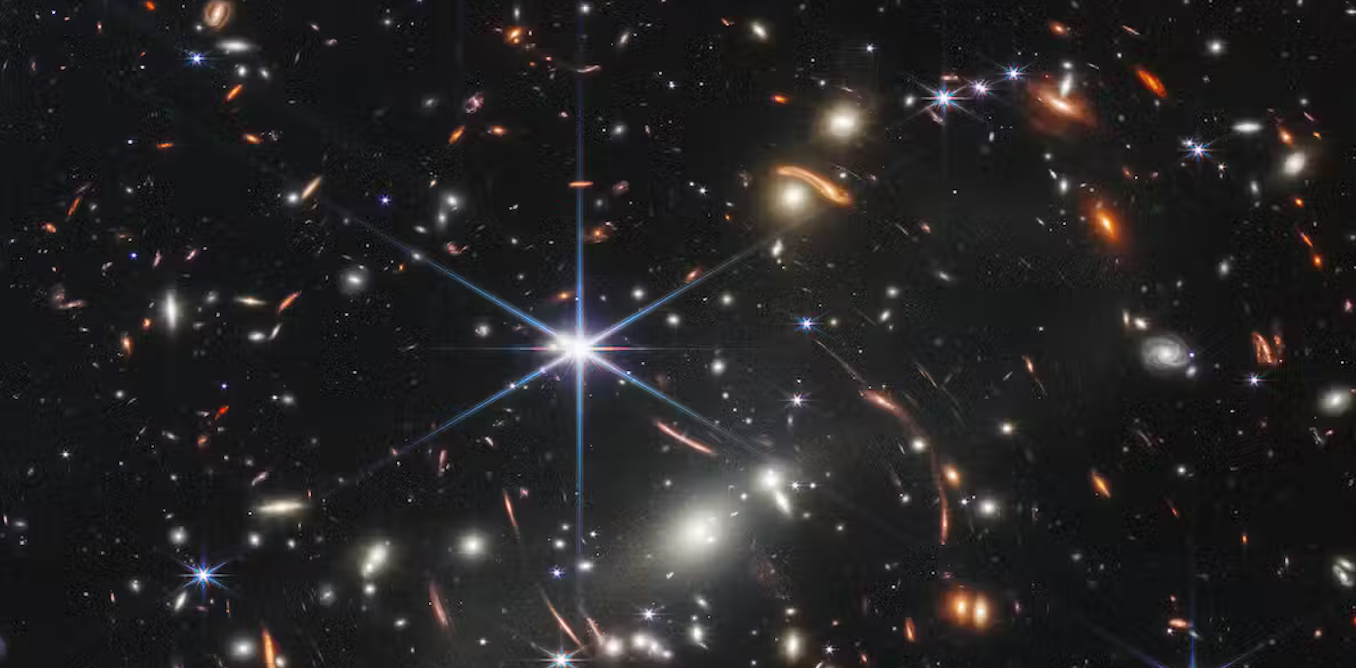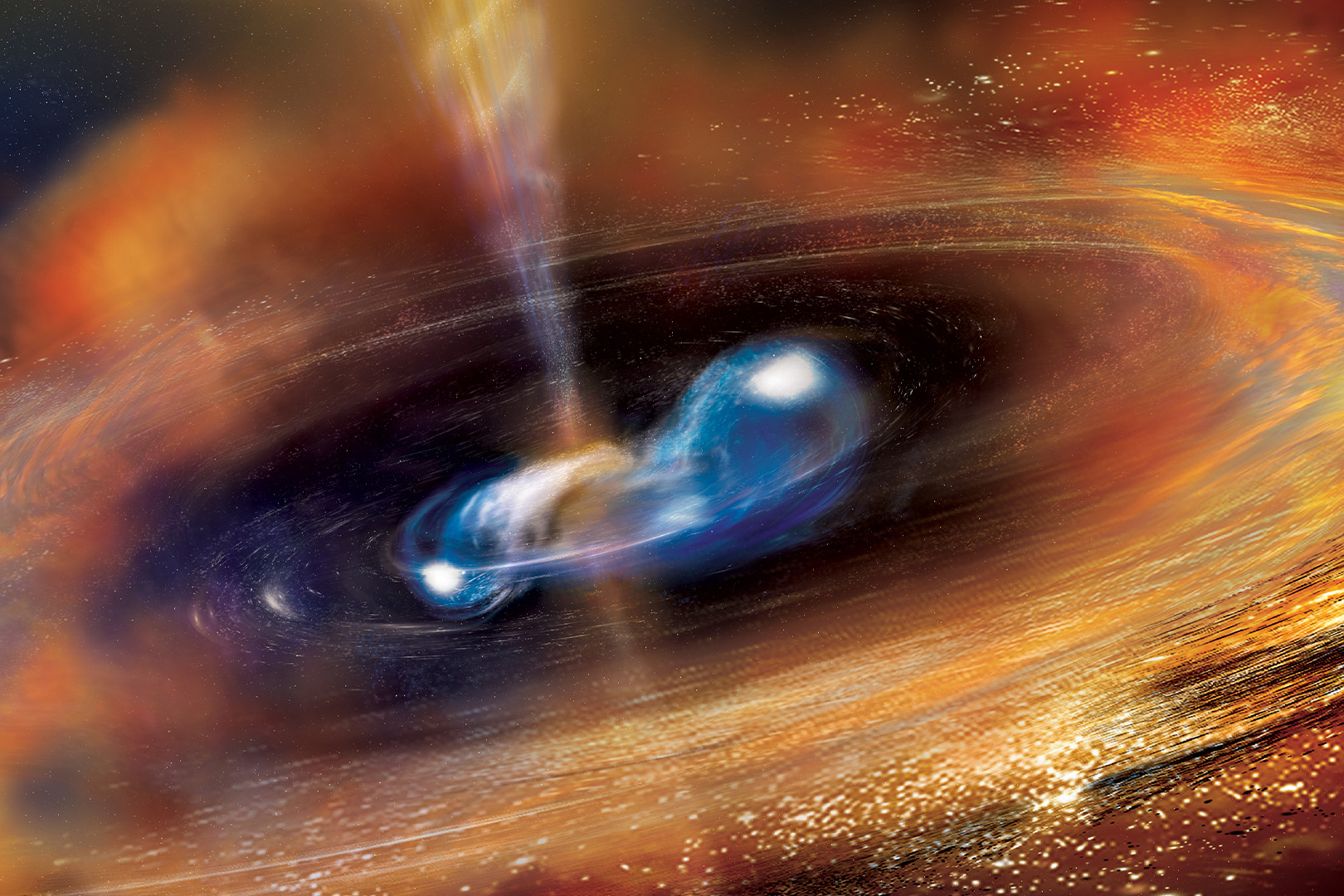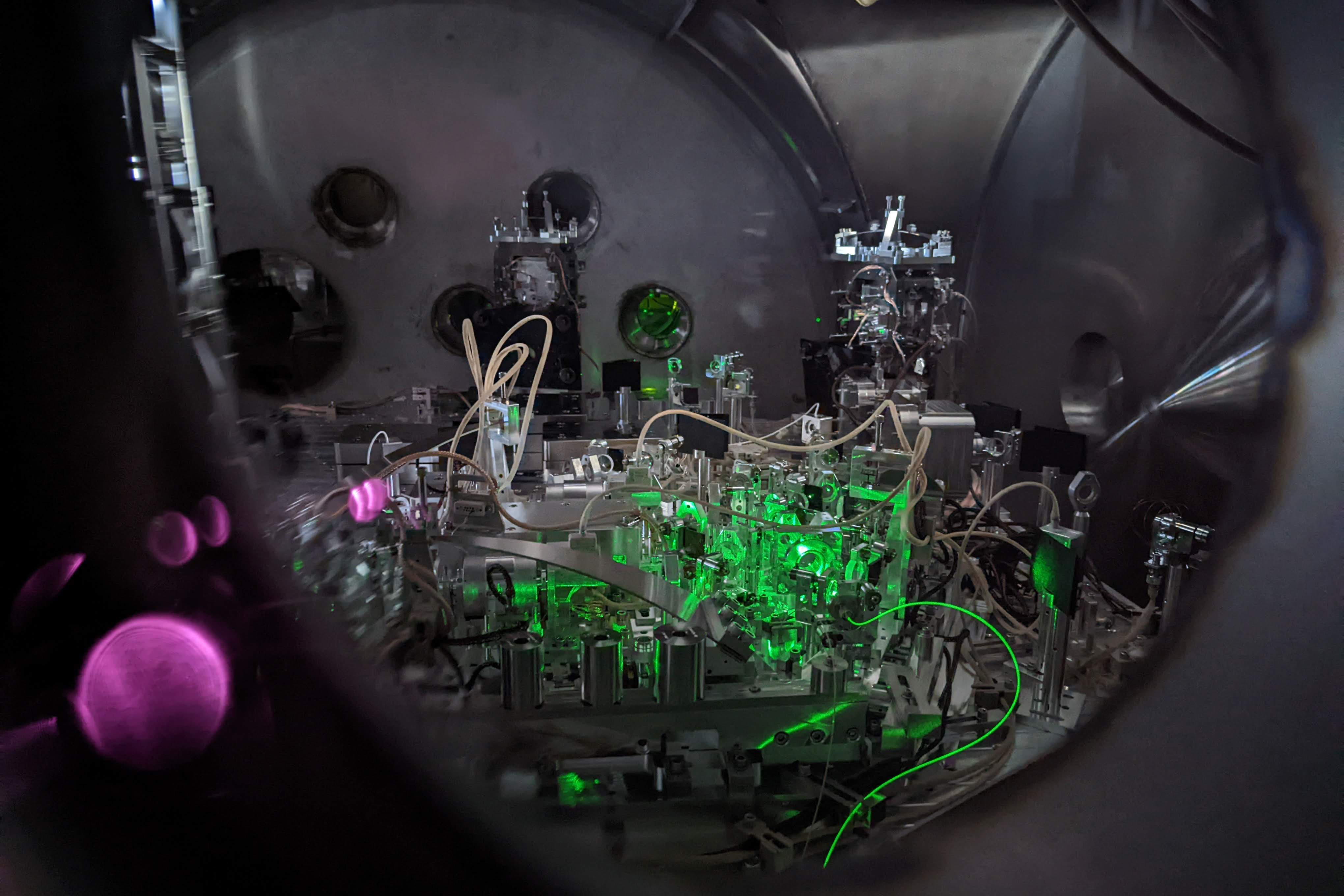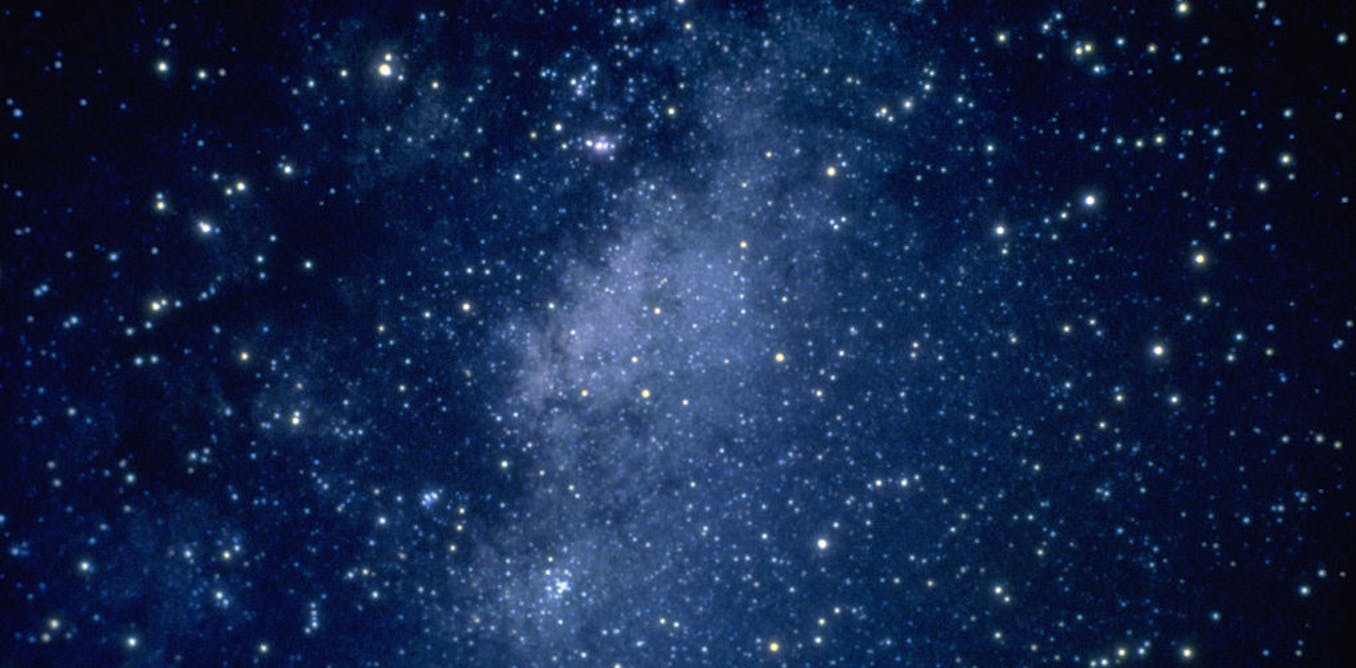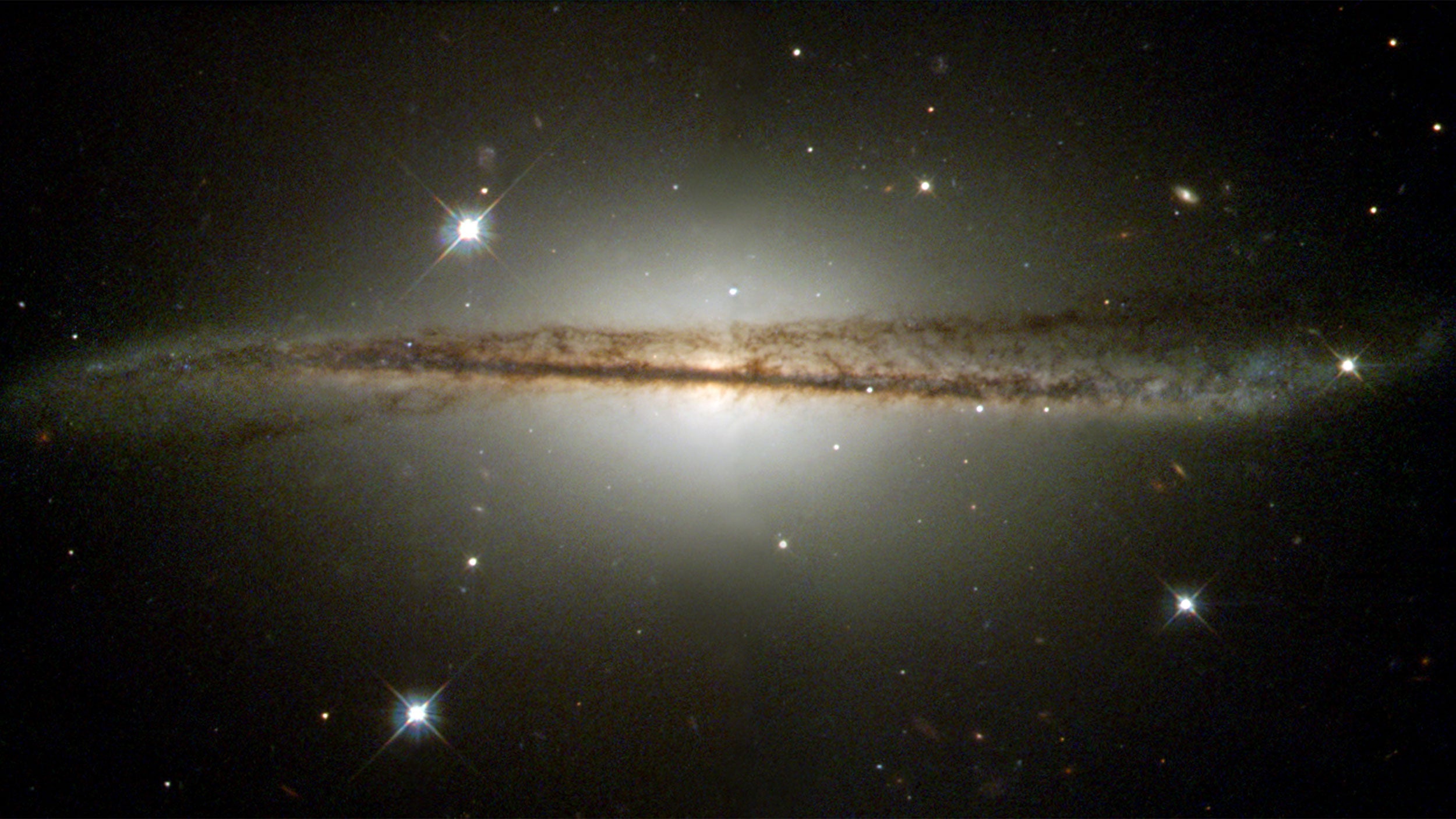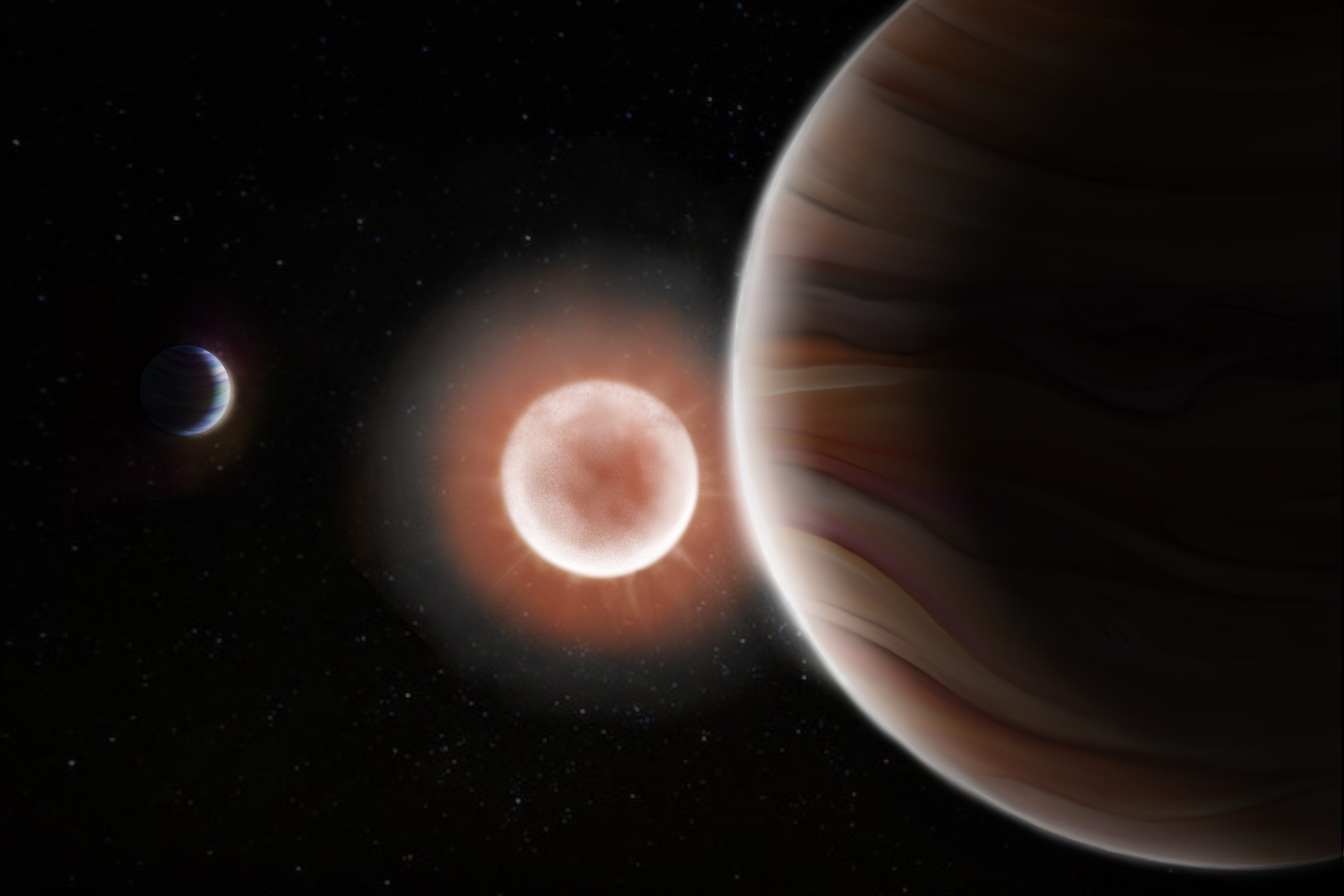Why are some black holes bigger than others? An astronomer explains how these celestial vacuums grow
Pictures of black holes have a white outline around them when photographed, due to one of black holes’ unique and key features.
Dec. 18, 2023 • ~6 min

